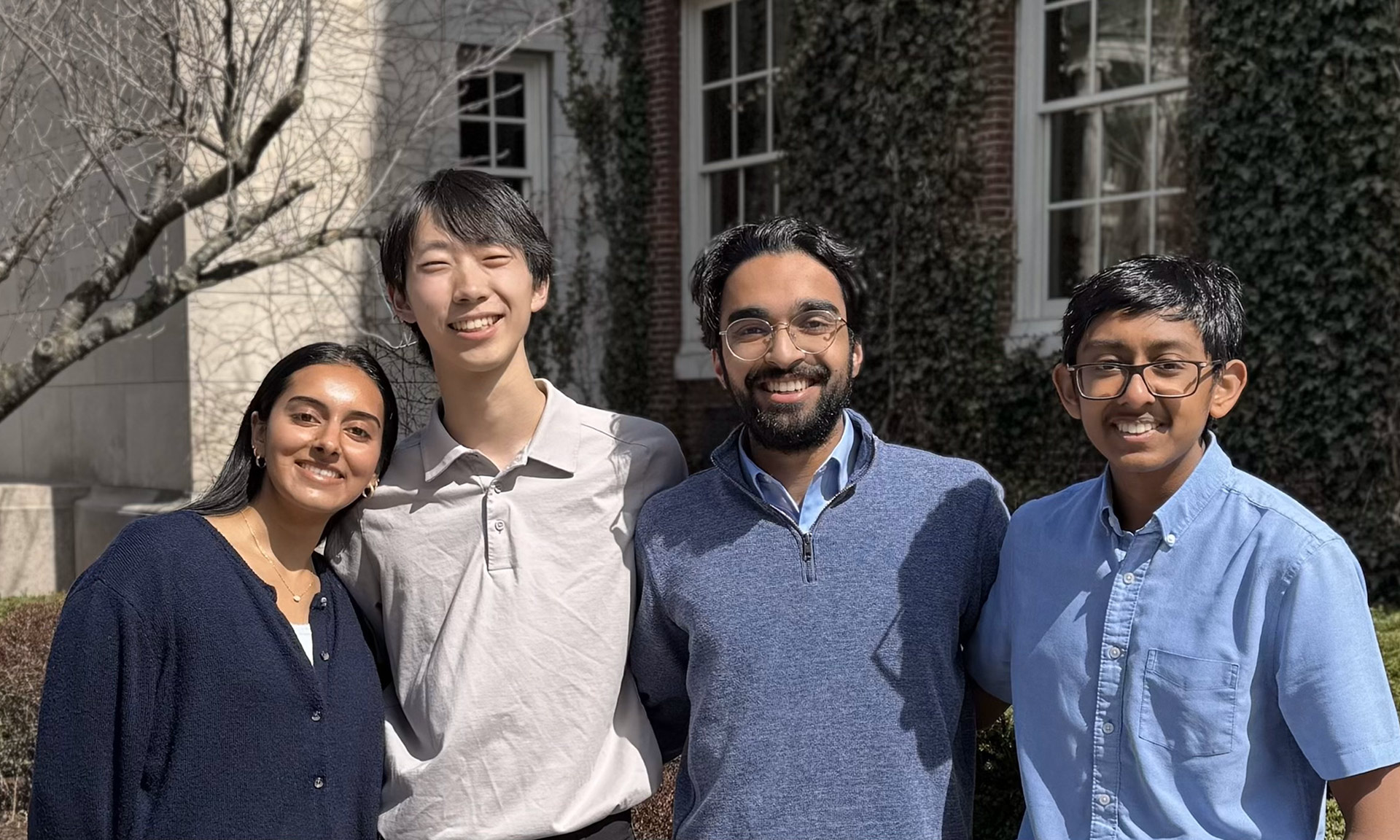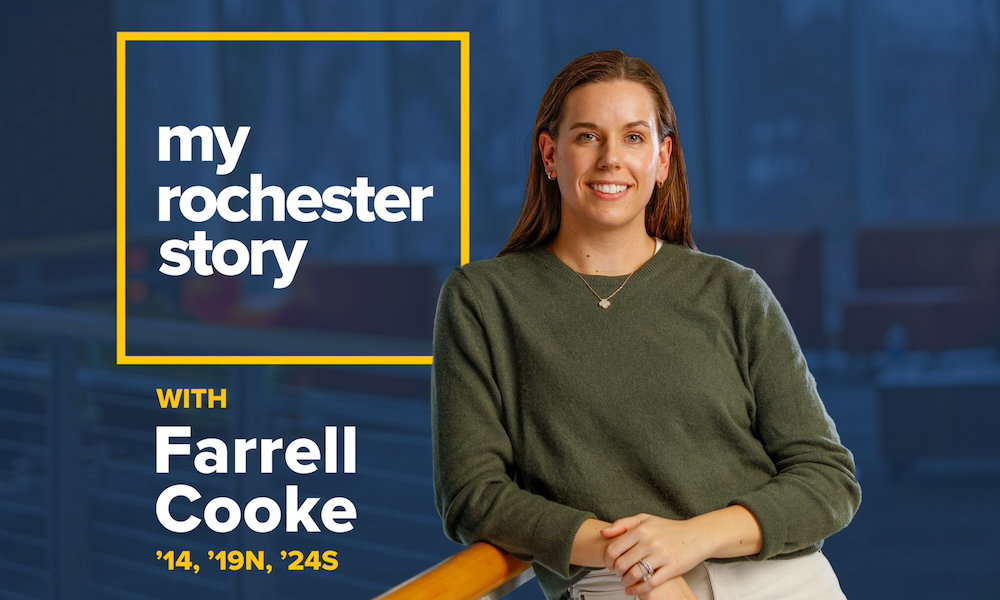University of Rochester’s career center director says the pandemic has opened up new opportunities for recent college graduates, but they must be flexible.
In six months, college seniors across the country will graduate into an unpredictable job market. The COVID-19 pandemic has altered the employment landscape, perhaps forever, as numerous employers are now allowing employees to work remotely or in a hybrid format. Thankfully, jobs for recent college graduates are relatively plentiful.
Joseph Testani, assistant dean and director of the University of Rochester’s Greene Center for Career Education and Connections, offers advice to seniors on how they can make the most of this year’s unusual job market.
What’s different about the job market now than when today’s seniors entered college?
The traditional-aged college student will have a more varied and diversified career path than ever before that will include “conventional” jobs along with side hustles, gigs, start-up nonprofits or for-profit organizations, time off for mindfulness, starting families, and taking care of family members. The pandemic opened up and accelerated the ways that people can pursue this work—leveraging online communities, using more virtual collaboration tools, and not being bound by location for opportunities to connect or partner. The workers of the future may be able to build their careers, networks, and wealth in interesting and creative ways.
What should seniors be looking for when considering where to apply?
Employers put their values on full display as they respond to social justice issues in the local as well as national or international communities. How does this change or play into your job search? How have industries where you want to work responded to tackling equity and access? This is playing out more than ever in the interview process, giving candidates more freedom to ask tougher questions to evaluate who may be committed to change within their organizations and to putting the needs of employees first.
Who should seniors be talking to, or networking with, at this point in their college careers?
Talk to your friends. Their families. Peers. Faculty members. Alumni. Recruiters. Even people you haven’t spoken to in a few years. Ask questions and learn about them as people, idea-generators for careers, collaborators for startups, sources of volunteer opportunities, job leads, and references for graduate or professional school. Ask them for other people who may be fun or interesting to talk to, and if they would be open to make an introduction. It’s a fast way to build a network. Make this a priority by dedicating 20 to 30 percent of your job search time to networking and connecting with others. Lastly, track your conversations and what you learn in a way that makes sense for you; do it in a Google doc, on your phone, a spreadsheet—whatever works best.
Should graduates stay focused on jobs that relate to their majors?
Not necessarily. The pandemic actually created more opportunities to try careers or jobs out virtually, lowering the risk of experimentation. Platforms such as Forage, Mindsumo, Promazo, and Handshake offer various ways to gain experience or explore other fields. These platforms are easy to use and can introduce people to so many ideas they may not have considered based on their interests. Seniors don’t have to have everything figured out. It just means that they’re graduating college and entering into the next chapter of their lives. And exploring and refining one’s ideas for what is possible should continue.
What advice would you offer for updating online profiles that employers may see?
Be authentic. Highlight any experiences you’ve had and think about the skills you gained and how they may be applicable to a future job. Keep tweaking this as you try new things, meet new people, and build new skills. Don’t pretend you know more than you do. If you see a gap in your experience that’s related to a job you’re interested in, build a skill on a platform such as LinkedIn Learning, and network with people in that area to mitigate any shortcomings. For example, if a job calls for data visualization or Salesforce or data analysis—take a class to get a credential stating that you have learned something about that subject. You don’t always have to be an expert; an understanding of the topic, how it relates to the business, and showing an ability to learn will go a long way.
Should students be concerned about what they’ve posted on social media platforms?
Today’s college students engage online in ways that we would not have seen just a few years ago. They have grown up online, sharing views and personal stories, supporting and connecting with people and events that inspire them, and using online mediums as platforms for their voice. This translates to the job search as they are looking for organizations that align with their values and that accept them for who they are. That said, it’s worth a few minutes to review your social media to make sure it represents your current views, with the understanding that some potential employers may take that into account as they connect with you online.
What would you say to the senior who is thinking, “I have no idea what I want to do”?
Don’t fret. You are definitely not alone. Your first job is only a step, and the key aspect of your search is to think about problems you want to work on, the type of people you want to work with, and what kinds of environments you want to work in—whether it’s in-person or virtual. You are not expected to know everything, but your interest and willingness to learn are attributes that employers cannot do without.
Read more
 Visit the Greene Career Center
Visit the Greene Career CenterThe Greene Center for Career Education and Connections helps students connect their academic and cocurricular interests with life after college.

Join the Meliora Collective
Connect with Rochester alumni and friends in an exclusive network designed for the University community.






